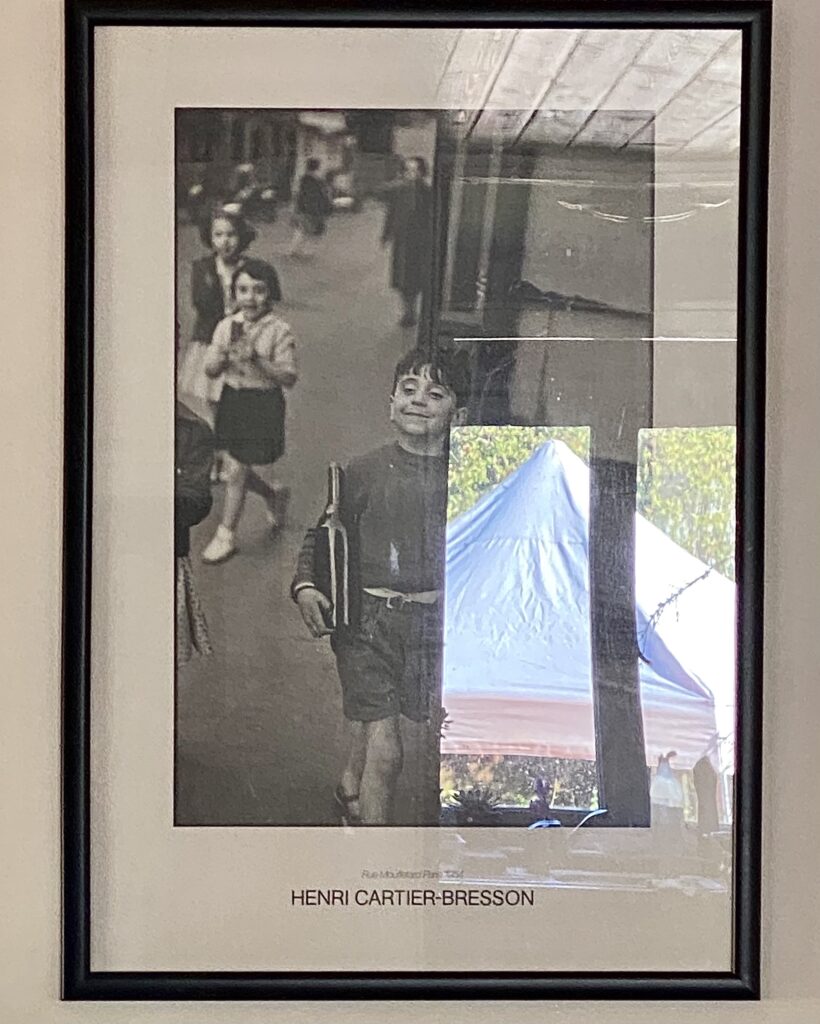One of our cats, who always looks at me as if whatever’s happening is my fault.
Quote of the Day
”The Swiss managed to build a lovely country round their hotels.”
- George Mikes
Musical alternative to the morning’s radio news
Mozart | Overture | Marriage of Figaro
Prelude to glorious nonsense.
Long Read of the Day
The geopolitical fight to come over green energy
Truly fabulous essay by Helen Thompson. Salutary read for those of us who tend to think that the tensions with China are about tech and data. Those are small beer compared with energy.
(And if you’re interested in this, there’s Adam Tooze’s post about what it would mean to face up realistically to arresting climate change.)
Is content moderation a dead end?
Really interesting essay by Ben Evans on the Sisyphean task of ‘moderating’ content on social media.
I wonder how far the answers to our problems with social media are not more moderators, just as the answer to PC security was not virus scanners, but to change the model – to remove whole layers of mechanics that enable abuse. So, for example, Instagram doesn’t have links, and Clubhouse doesn’t have replies, quotes or screenshots. Email newsletters don’t seem to have virality. Some people argue that the problem is ads, or algorithmic feeds (both of which ideas I disagree with pretty strongly – I wrote about newsfeeds here), but this gets at the same underlying point: instead of looking for bad stuff, perhaps we should change the paths that bad stuff can abuse. The wave of anonymous messaging apps that appeared a few years ago exemplify this – it turned out that bullying was such an inherent effect of the basic concept that they all had to shut down. Hogarth contrasted dystopian Gin Lane with utopian Beer Street – alcohol is good, so long as it’s the right kind.
Of course, if the underlying problem is human nature, then you can still only channel it.
Two thoughts about this. The first is that if a task really is Sisyphean — i.e. endless and impossible to complete, then isn’t it time to stop it and try something else?
The second is that Ashby’s Law of Requisite Variety in cybernetics suggests that, to be viable, a system has to be able to cope with the complexity of its environment. There are only two ways of doing that: the traditional way we’ve used up to now — to reduce the complexity of the environment (mass production and standardisation was one way of doing that. The other is to find ‘variety amplifiers’ that will increase the system’s ability to manage the complexity that being thrown at it. If you listen to the discourse of Zuckerberg & Co about the ‘moderation’ challenge they face, it’s clear that they see ‘AI’ (by which they mean machine learning) as that variety amplifier.
I’m sceptical that it is. There’s no computational way of dealing with the infinite variety of human ingenuity.
So, in a nutshell, I think that the answer to Ben’s question is “Yes
The wider implication of Ashby’s Law in a networked world is that an increasing proportion of our organisations are no longer viable.
Other, hopefully interesting, links
- Who has your face? Interesting interactive quiz to determine if a US government database has your picture. Link
- Watch BB King keep singing while simultaneously replacing a broken guitar string Link. Now that’s real multitasking.
This blog is also available as a daily email. If you think this might suit you better, why not subscribe? One email a day, delivered to your inbox at 7am UK time. It’s free, and there’s a one-click unsubscribe if you decide that your inbox is full enough already!


